


Due to the high diversity in semi-arid drylands, land degradation cannot be addressed through uniform blanket soil and water conservation technologies (SWCT) and related policies. SWCTs are local-level activities and practices that maintain or enhance the productive capacity of the land, including soil, water and vegetation in areas prone to degradation. SWCTs also include practices that contribute to the prevention or reduction of soil erosion, compaction, salinity, etc. In order to be successful, it is required that investments in SWCT options are tailored to the specific and highly variable social and ecological contexts.
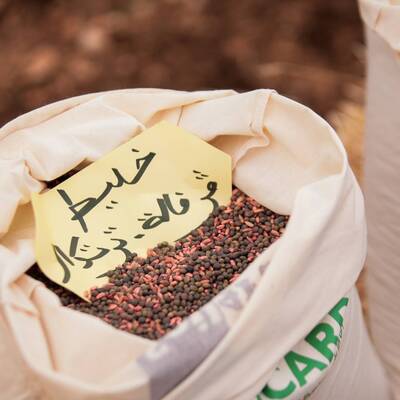
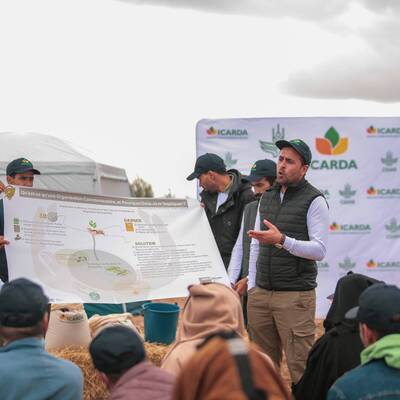
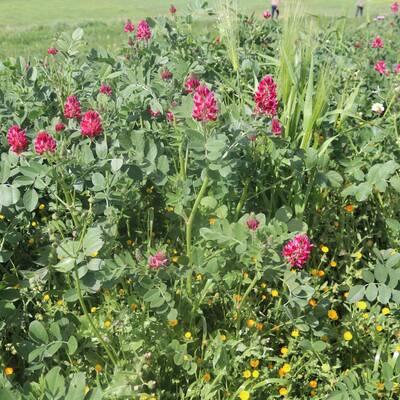
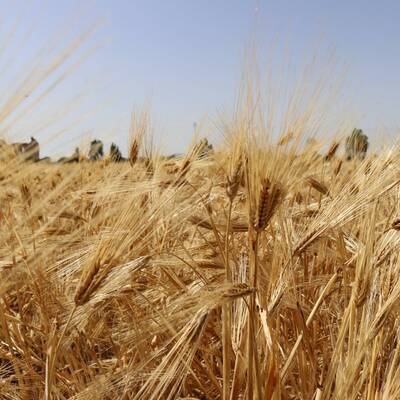
This proposal suggests designing research for development activities that can help address the above-mentioned research questions. In doing so, the project will mainstream existing conceptual and practical knowledge to support the effective implementation of the overall PROSOL program and provide additional guidance to the ACTA 2050 strategy in Tunisia.
In addition to the goals mentioned above, project objectives include: to generate scientific measures and evidence on the economic and environmental contributions of selected SWCT; to co-develop and design a practical and comprehensive scaling approach of SWCT; to implement the scaling approach in the priority areas defined by the DGACTA for a selection of SWCTs promoted by the PROSOL program; to develop an impact assessment framework compatible with the type of SWCT being implemented; and to enhance the technical and financial engineering capacities of communities and stakeholders for the drafting and evaluation of PADIT documents when relevant.
UPDATES
At the end of 2020, ICARDA launched a new GIZ-funded project in line with the Tunisian 2050 soil and water protection strategy to develop soil and water conservation technologies tailored to specific, and highly variable, social and ecological contexts. These technologies have been upscaled across the relevant regions. A key component of the initiative is in establishing appropriate indicators and tools for monitoring the impact of scaling investments.
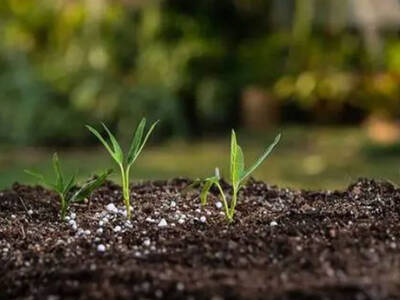
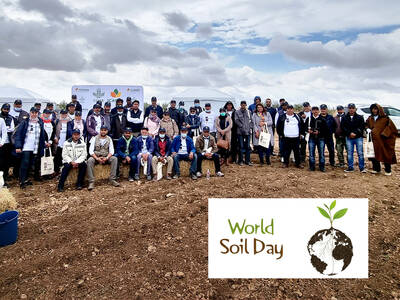
© 2026 International Center for Agricultural Research in the Dry Areas (ICARDA)